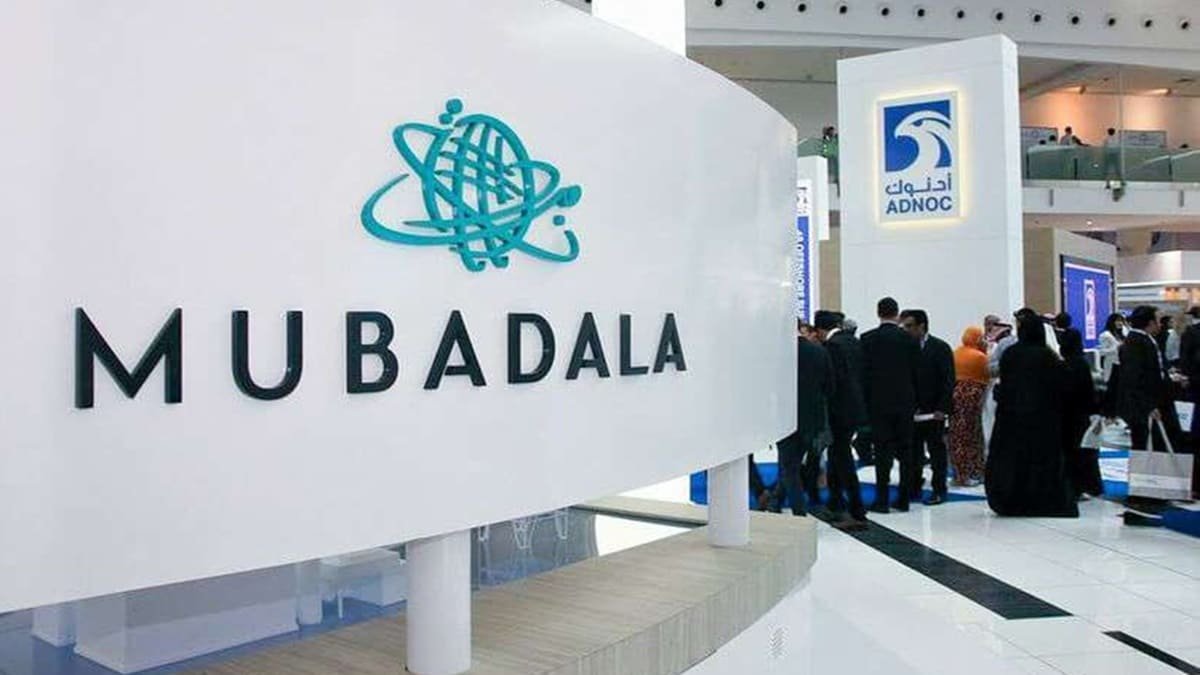Leading asset managers are adjusting their long-term strategies to capture investments from Gulf sovereign wealth funds, which manage 4 trillion dollars worth of assets.
Gone are the days when private equity executives and hedge fund managers travelled to the region to cut deals with million-dollar cheques. Aware of their growing influence in international financial markets, these funds are now demanding greater transparency and a stronger commitment in return for their investments.
According to Al Arab, Gulf sovereign wealth funds are demanding more frequent meetings in the region, the opening of local offices and the hiring of resident staff. For example, Apollo Global Management, a leading global asset management firm, has relocated 200 staff to Abu Dhabi and organised events with Mubadala Investment Company, a major UAE sovereign wealth fund.

Blackstone, another private equity giant, has allowed SWF investors to be trained on its teams, reflecting the growing influence of SWFs and a change in the dynamics of the investment industry.
Asset management firms are adapting their traditional fee models to secure engagements with new funds. At the same time, larger SWFs are reducing the number of relationships and concentrating on fewer asset managers. This approach may benefit financial executives with established relationships, but it also increases tensions in a region where decisions often involve members of royal families and key advisors.
The war in Gaza has put financial diplomacy to the test, with some Gulf funds expressing frustration with US billionaires over their support for Israel. While these comments have not significantly affected the ability of firms to strengthen their financial ties to the region, they highlight the challenges they face in expanding their operations.

It is estimated that Gulf SWF assets could reach 7.6 trillion dollars by 2030. Investors are seeking to secure greater participation in these funds, with the aim of diversifying regional economies, which are still heavily dependent on oil, into sectors such as tourism, sports and manufacturing.
In Abu Dhabi, Mubadala is investing in sectors such as artificial intelligence and life sciences and medical technology, while planning to attract companies offering sustainable electricity. The fund was a pioneer in establishing an investment company in the region, which had a significant impact on Wall Street.
Mubadala, having invested 700 million dollars in Aquarian Holdings, is considering selling part of this investment and offering it to other investors. The Qatar Investment Authority, with assets in excess of half a trillion dollars, is also taking a more aggressive approach, requiring fee waivers and promoting the formation of global teams with an emphasis on local training.

In addition, the Biden administration has stepped up scrutiny of foreign investments due to national security concerns, adding complexity to deals. BlackRock, one of the world’s largest asset managers and backed in part by the Saudi sovereign wealth fund, continues to invest heavily in the region and has received up to 5 billion dollars to develop its investment team in Riyadh.
In short, Gulf SWFs are transforming the international investment landscape, demanding stronger strategic commitments and tailoring relationships with asset managers to their new economic and political priorities.

